Derrel
Mr. Rain Cloud
- Joined
- Jul 23, 2009
- Messages
- 48,225
- Reaction score
- 18,941
- Location
- USA
- Website
- www.pbase.com
- Can others edit my Photos
- Photos OK to edit
Buckster said:SNIP>don't feel a need or reality-based reason to upgrade every time a better sensor comes along, let alone switch brands completely.
Canon released five different APS-C cameras between 2009 and 2014, using the same sensor. The SAME sensor.
Canon's DIGIC system cannot do on-chip noise reduction, but the sensors made by Nikon, Sony, Toshiba, and Aptina can.
Canon has serious issues with both pattern noise, and chroma noise. Freedom from both pattern and chroma noise is why Nikon and Sony and Pentax camera have two, to two and a half more EV worth of usable dynamic range.
On exposures that are made as much as five full EV below the recommended metering, a fully-modern sensor can handle strong backlighting, or underexposure, with only a couple clicks of the sliders in Lightroom. This is the reason so many Nikon and Sony users are so happy with what they have: simply staggering exposure recovery capabilities, without images falling apart. Higher image quality. Better color. No major loss of detail due to the need to de-noise everything,
It's not a matter of when a better sensor comes along: we're talking about a sea change that happened when Sony premiered the EXMOR generation sensor technology. That's an EIGHT-YEAR time frame, in which Canon has been unable or unwilling to re-design its sensor fabrication technology. Eight years. 2007 was the year Nikon/Sony moved past Canon's sensor tech.
Canon makes some gorgeous cameras, and great lenses. But there are better sensors in cameras made by other companies. A camera and lens system is not just a sensor. You can drive a Kia or a Mercedes. They're both cars.
Last edited:


![[No title]](/data/xfmg/thumbnail/30/30885-2764c7a15a288ed06f3903d3a2756832.jpg?1619734497)

![[No title]](/data/xfmg/thumbnail/30/30886-4d4f2b370f36c175a23901cc8689aea4.jpg?1619734498)
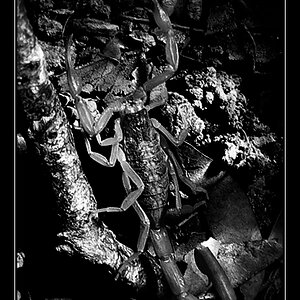
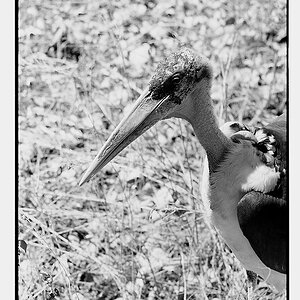
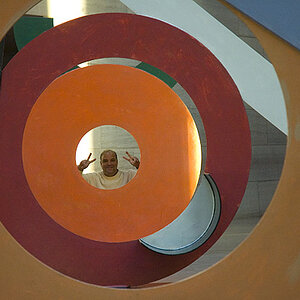
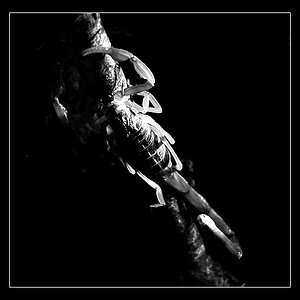
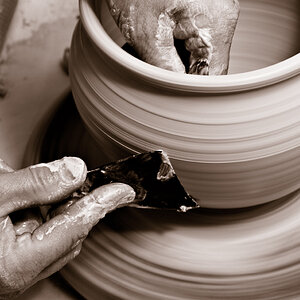
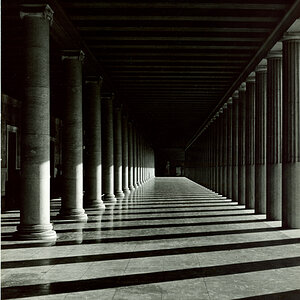
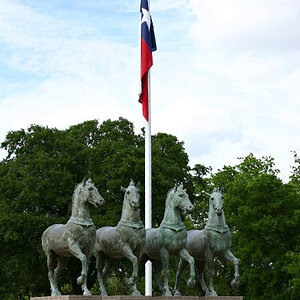
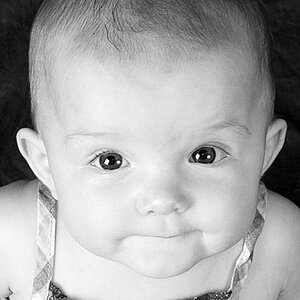
![[No title]](/data/xfmg/thumbnail/39/39440-bc17565eb7adee7f9859c53933e8543c.jpg?1619739033)